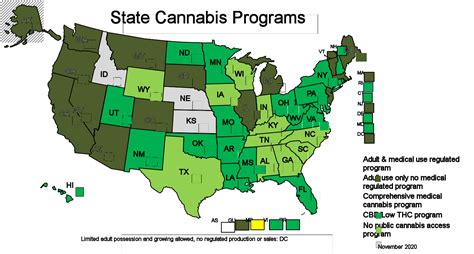Washington State has experienced significant changes in cannabis legislation over the years. In 1998, Initiative 692 was approved by voters, allowing patients with certain terminal or debilitating conditions to use medical cannabis. However, Governor Gregoire vetoed most of a bill that would have legalized medical cannabis dispensaries, citing concerns about state workers’ potential legal issues.
Later, Initiative 502 brought a pivotal change, legalizing cannabis use for adults, though with several restrictions. Notably, it remains illegal to take cannabis outside of Washington, with severe legal penalties for violations. These laws are important for residents and visitors to understand, especially regarding travel restrictions.
The Cannabis Patient Protection Act, codified into RCW 69.51A, represents a major integration of the medical market with the regulated recreational market. This act mandated the Department of Health to adopt rules for a medical cannabis authorization database, training and certification of medical cannabis consultants, and product compliance. The department’s responsibilities also included the production of several crucial reports.
In terms of financial impact, Washington state collected $515.2 million in legal marijuana income and license fees in fiscal year 2022, including $4.1 million in cannabis license fees. These revenues have significant implications for public health and state spending.
The state has also been proactive in monitoring the impacts of recreational marijuana legalization. Reports released since 2015 provide valuable insights into marijuana use, production, sales, and misuse, helping to guide future legislative and public health strategies.
Washington’s Medical Use of Cannabis Act, or Medical Marijuana Act (RCW 69.51A), coexists with Initiative 502, which legalized the use and possession of small amounts of marijuana for recreational purposes. However, it’s crucial to note that despite state laws, the federal Controlled Substances Act still prohibits marijuana use and possession.
The Washington State Liquor and Cannabis Board (LCB) plays a key role in this evolving landscape, regulating the production, sale, and distribution of alcohol, tobacco, cannabis, and vapor products. Their mission is to ensure public safety and trust through fair regulation and rulemaking.
For more detailed information on Washington’s cannabis laws and their impacts, you can refer to the History of Medical Cannabis in Washington, Know the Law section on the Washington State Liquor and Cannabis Board’s website, and the Washington State Marijuana Revenues and Health report.
